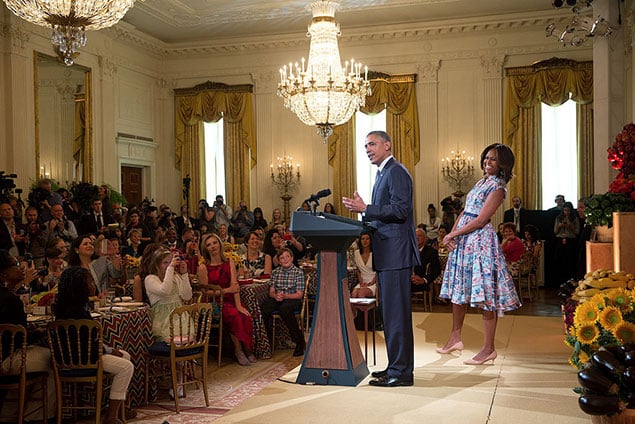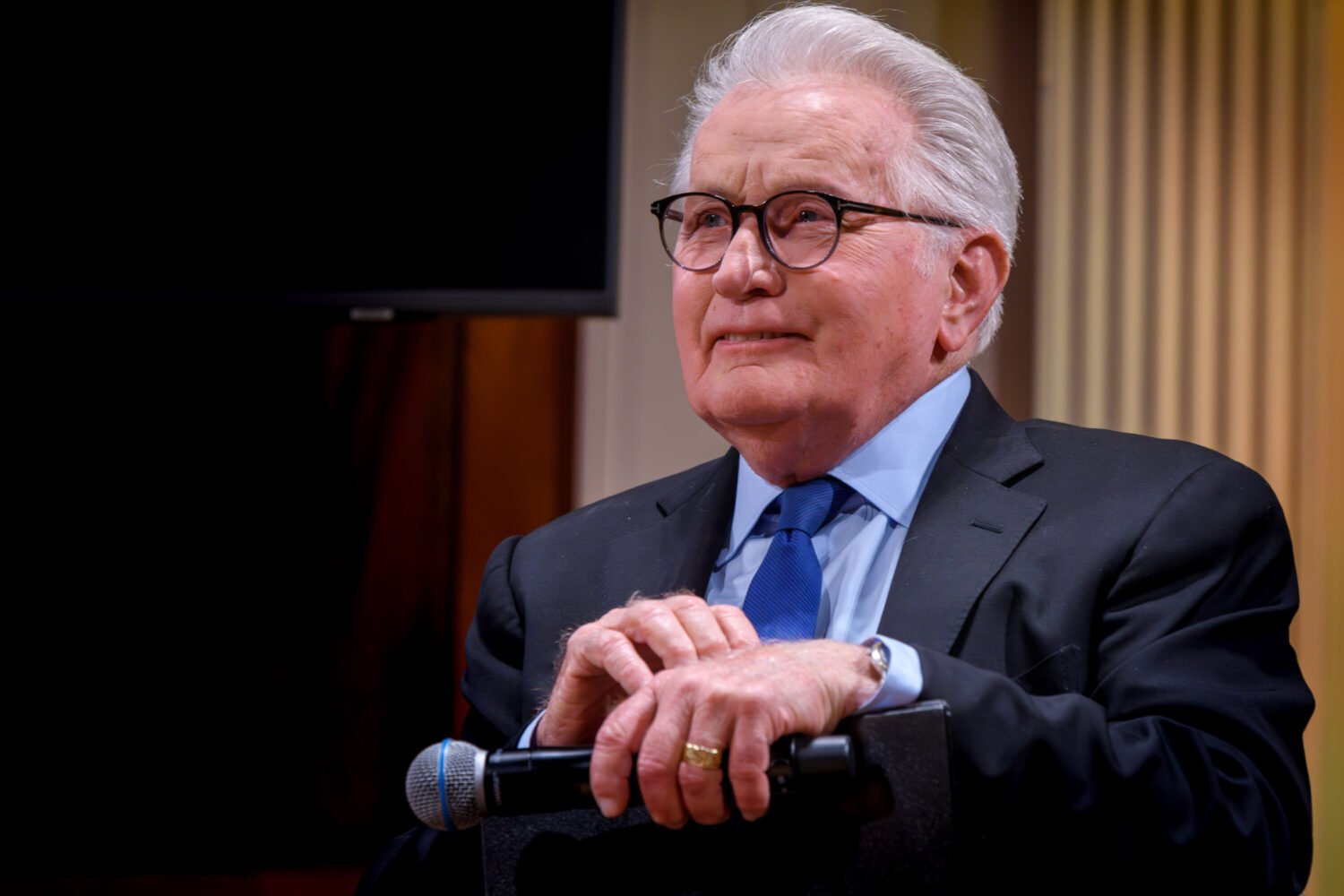When it comes to assassination attempts, how much information is too much? Flooded by stories and reports of the White House fence-jumper, plus new information about the shots fired across the South Lawn in 2011, some psychologists say that media saturation of this political violence could spur more.
J. Reid Meloy, a forensic psychologist and clinical professor of psychiatry at UC San Diego who studies the assassinations of public figures, says one of the central motivators for these sorts of attacks is to gain a level of notoriety. And when someone like Omar Gonzalez, the fence-jumper, receives a storm of media coverage for his actions, other would-be assassins notice and want the same.
“They pay close attention to people who have preceded them,” says Meloy, co-editor of the book Stalking, Threatening and Attacking Public Figures: A Psychological and Behavioral Analysis. “They tend to not only identify with previous attackers, but also, in a sense, compete with them for greater notoriety.”
One of the most comprehensive reports on assassination in the US was a 1999 study of all 83 people known to have attacked or attempted to attack a public official or public figure from 1949 to 1996. The targets could be very different—presidents, congressmen, judges, celebrities—but there was a commonality to many of the attackers. They had reached a sort-of life crisis and wanted to leave a lasting impact on the world. The attackers saw assassination and the media coverage that follows as a way to do that.
“For them, it’s better to be notorious than ignored,” says Jerrold Post, director of the political psychology program at George Washington University. Founder of the CIA’s Center for the Analysis of Personality and Political Behavior, Post spent two years in the 1960s as part of an NIH unit at St. Elizabeths Hospital interviewing people who had threatened the White House. He mentions the case of Frank Eugene Corder, who crashed his small plane onto the White House lawn in 1994. “He wanted to go out in a blaze of glory,” says Post. “It’s the powerless seeking power by connection.”
Some of the attackers in the study even changed their intended victims. The killing could thus be impersonal, less about a specific target or grievance and more about the notoriety gained from the act itself.
“Typically these individuals lives have deteriorated to the point, at least in their mind, the most important alternative choice is to kill a public figure,” says Meloy. “It compensates for a life of failure and misery.”
Meloy believes the attackers shouldn’t even be named by the media. He says that while an attacker’s history and motivations are something the public has a right to know, photographs of them or personal comments they made at the time should be avoided. It’s the same reason television networks don’t show the streakers who run onto a soccer field during a game—giving them the coverage they desire will only inspire more to do the same. “They see the individual notoriety this person has gained through this act, and they want it too,” says Meloy.
Not identifying these attackers also prevents would-be assassins from forming a personal connection to their predecessors, which can also motivate them. Meloy points out that John Hinckley Jr.—who shot President Reagan in 1981—idolized Mark David Chapman, John Lennon’s killer. Aspiring assassins have been known to even write or call their idols in prison.
A comprehensive account of what motivated Omar Gonzalez’s mad dash to the East Room isn’t fully known yet, but, Meloy says, “it wouldn’t surprise me if notoriety is one of them.”
Find Michael Gaynor on Twitter at @michael_gaynor.



















